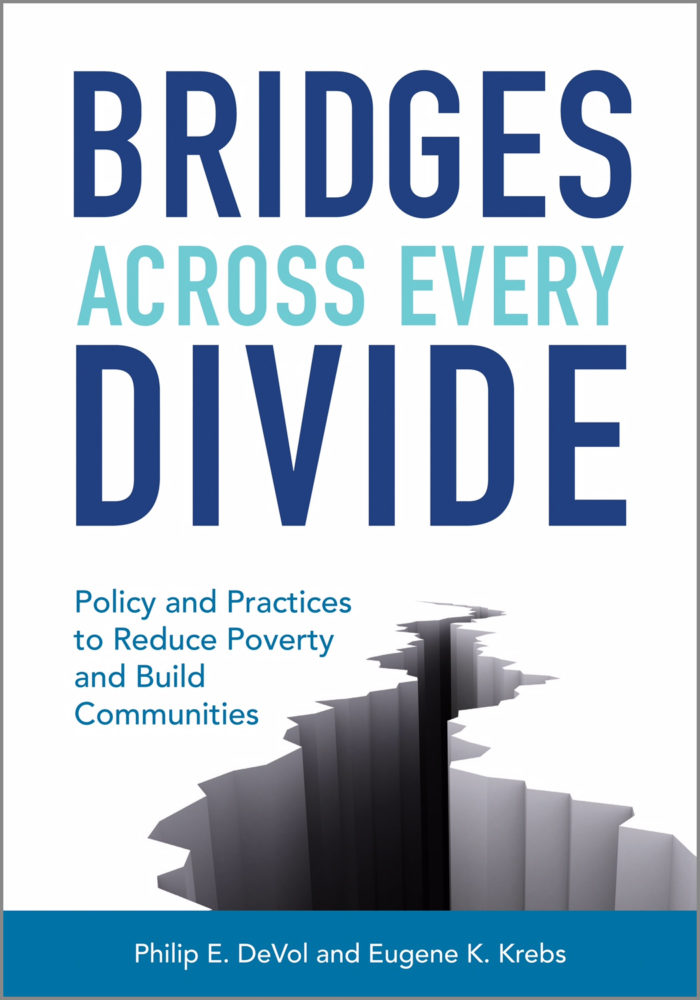When, on the contrary, all the citizens are independent of one another, and each of them is individually weak, no one is seen to exert a great, or still less a lasting power, over the community. At first sight, individuals appear to be absolutely devoid of any influence over it; and society would seem to advance alone by the free and voluntary concurrence of all the men who compose it. This naturally prompts the mind to search for that general reason which operates upon so many men’s faculties at the same time, and turns them simultaneously in the same direction.
–Alexis de Tocqueville, Democracy in America, Part 2, Book 1, Chapter 25, pages 213–214

Groupthink – fluorescent Neon Sign on brickwall Front view
With all the recent controversy in Washington, D.C., as the political parties hew to their particular groupthink, it is perhaps time to discuss this aspect of human nature.
How strong is groupthink in bending people to the group norm? Like the gravitational well of a black hole, once too close, very few if any pull away.
When I was in college, I was approached on a campus sidewalk by a pair of women who handed me a slip of paper with an address and time (7:45 p.m.). They asked if I was free to come over to their apartment for a soft drinks and pizza party, and to show up exactly at the time on the slip. Not a minute before. Not a minute after. I agreed instantly. Pizza and good company; what is not to like?
At 7:44 I was outside their door, along with three other students who all arrived looking at their watches. After a brief discussion that indicated we were all equally baffled, we knocked on the door and were instantly let in.
There were about a dozen college-age kids evenly divided by gender in the apartment, with the promised soft drinks and pizza. After ten minutes of quietly stuffing my mouth with pizza, I was still puzzling over this odd situation when one of the women who invited me suddenly shouted out, “Listen, everybody, I heard this great joke.” The room grew still as we politely waited for our host to continue. “Two clowns were washing off their makeup in the dressing room, and one said to the other one ‘Hey, is that soap?’ and the other clown said, ‘No soap, radio!’”
At that point the room dissolved into laughter, with several doubling up in the hilarity, except of course the hapless me, who just stood there frozen, with a slice of pizza in one hand, and no response on my face. Stonefaced. I just didn’t see the humor.
At this point one of the hosts turned to me, angry and perplexed. “Hey, don’t you get it? No soap; radio!” Several others in the crowd now turned to me, looking angry and repeating the phrase.
I just shrugged my shoulders and quietly replied I didn’t see the humor in the joke.
If eyes could throw knives, I would have been carried out of there in small pieces inside a basket. With angry tosses of well-groomed, conditioned, and blown-dry hair, the hosts turned their backs on me and continued their conversations. As Ralph Waldo Emerson noted: For nonconformity the world whips you with its displeasure.
Five minutes later there was a knock on the door, and it opened to let in another group of four college students who lunged toward the free pizza.
Five minutes after the fresh meat arrived, the previous scenario played out again with the clown joke, and the whole room, including the newcomers but excepting me, dissolved into laughter. I noticed for the first time a fellow over near the corner furiously writing on a clipboard. He seemed slightly older. When I approached him, he confessed that he was a graduate assistant and this was a psychology class experiment. Upon further questioning, he revealed that I was so far the only person in any test session who had not bowed to group pressure to laugh. I thought this whole episode slightly tawdry and mean-spirited, and I left, but only after stuffing my mouth with all the pizza it could carry out of the apartment.
It was the living embodiment of what Friedrich Nietzsche noted: The surest way to corrupt a youth is to instruct him to hold in higher esteem those who think alike than those who think differently. This is why the elders of Athens killed Socrates: for teaching the youth to question the groupthink.
What this vignette illustrates is that most people bow to the predominate ethos of the community, whether it is a well-to-do suburb, farming community, urban slum, college apartment, or caucus in Congress. People who move into that community adopt their social norms pretty quickly, even if it means laughing at a joke with no humor.
Your strengths are often your weaknesses, and my ability to slightly distance myself from the groupthink of the moment has, I believe, been a limiting factor in my political advancement. However, it has led me to have a few insights of clarity inscribed in the book Bridges Across Every Divide. Please consider reading it to see how groupthink influences you, if at all. And avoid unfunny jokes.
Eugene K. “Gene” Krebs spent eight years in the Ohio House of Representatives, three years on a local school board, and four years as a county commissioner. With Phil DeVol he is coauthor of Bridges Across Every Divide.









